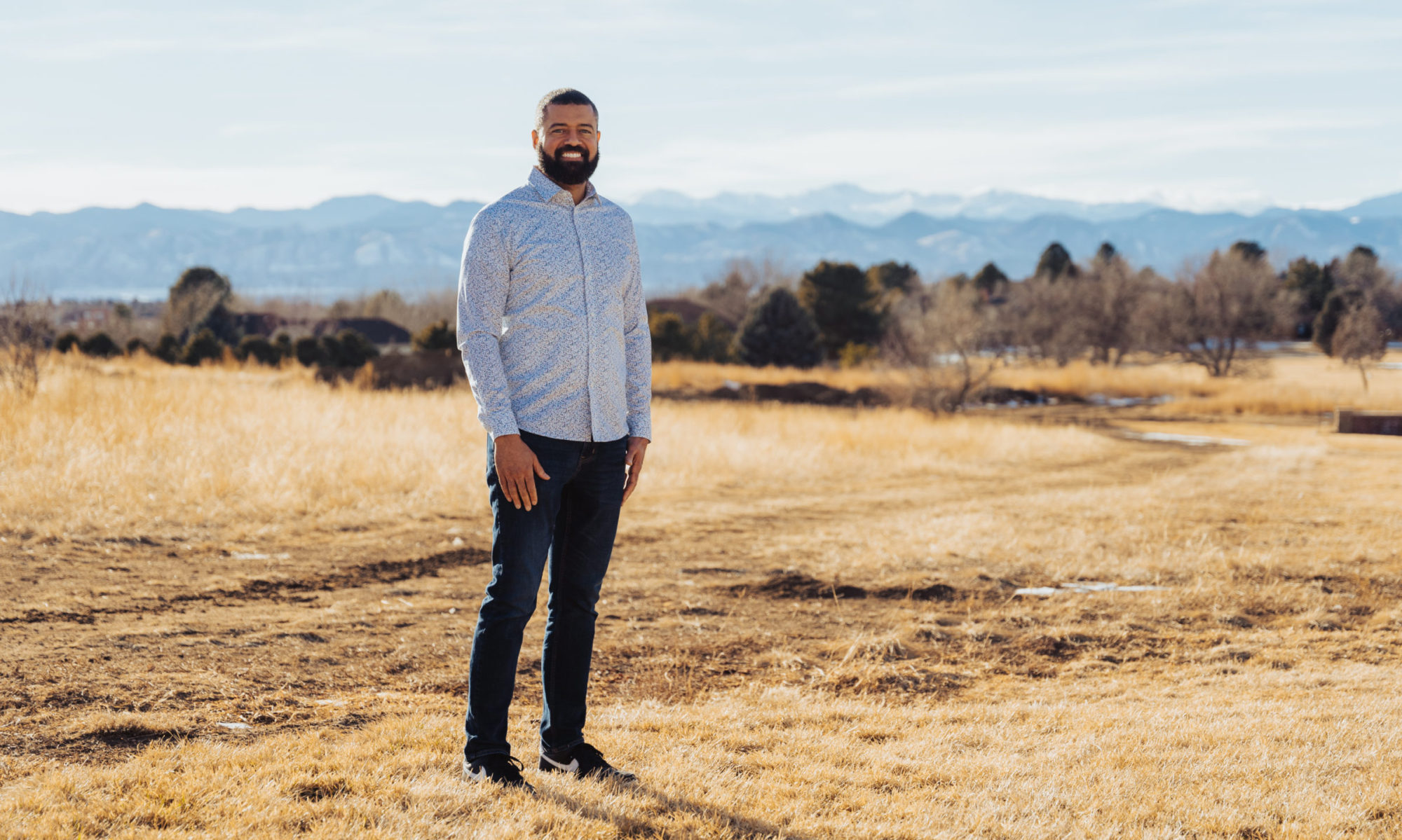
Ready Player One released in movie theaters nationwide this weekend and is based on the 2011 Earnest Cline novel. It was one of my favorites reads from 2017. In the book, teen, Wade Watts along with most of the world’s population logs into a virtual world called the Oasis. The Oasis is where they go to escape the terrors of the real world. Sound familiar? It’s familiar because it’s our story too.
I love technology but it can lead me to want to escape the realities of life. My online social media timeline can scroll endlessly all of the sanitized snippets of my life. The best things about me are on display. I can create an image of myself that I want people to see.
I can be “whisked away” to a fantasy world on Netflix, one hit series at a time, one season at a time, in a late night binge.
As a parent, I can, as Andy Crouch describes in his book The Tech Wise Family, “bewitch” my kids with screens to placate their behavior, pacify their whining, and supply entertainment for their boredom.
Hey kids, you don’t like this reality? Here is an alternative one.
In Ready Player One the Oasis is where all kids go to school and if you have the resources you can travel within a virtual galaxy to far away places and planets all in search of an “Easter egg” made by the game’s deceased creator. The first to find this egg will receive a fortune and become the owner of the Oasis.
Sounds pretty amazing, too good to be true. It’s the promise of a better life.
This is a metaphor for our chase for something better. Social media, streaming movies, apps, console and online games are our Oasis. Like the Oasis they promise us a better life and the ability to take us away. Those kids making six figures through ad revenue on Youtube streaming their video game play have created countless imitators and dreamers of online fame.
We want to be known. If we are known online, technology can lead us to prefer our digital self over our real self and to prefer the lives of others. We may wish to live vicariously through another person’s Instagram feed our Youtube channel. “I wish I was her.” “I wish I was there.”
Don’t get me wrong I love having the ability to chat with my cousin from Panama in real-time, but if I’m being real, being constantly connected makes it difficult for me to understand what it means to be present.
Maybe you find yourself in a state of confusion as well. I often am confused about how teenagers relate to social media and texting.
Take for example how one psychologist describes his interaction with teenagers during counseling in Adam Alter’s, Irresistible: The Rise of Addictive Technology and the Business of Keeping Us Hooked.
“The impact of social media has been huge,” a second psychologist told me. “Social media has completely shaped the brains of the younger people I work with. One thing I am often mindful of in a session is this: I could be five or ten minutes into a conversation with a young person about the argument they have had with their friend or girlfriend, when I remember to ask whether this happened by text, phone, on social media, or face-to-face. More often the answer is, ‘text or social media.’ Yet in their telling of the story, this isn’t apparent to me. It sounds like what I would consider a ‘real,’ face-to-face conversation. I always stop in my tracks and reflect. This person doesn’t differentiate various modes of communication the way I do . . . the result is a landscape filled with disconnection and addiction.”
The dangers of the Oasis are that even though you are connected with others in the system you are never more alone. And when you are not connected, you wish you were. You wish you were there.
What if instead of wishing we were somewhere else, some game, app, a memory shared on Facebook, or someone else’s Instagram story or Facebook timeline our only “wish” was to be here, in the present.
The Apostle John said this of Christ’s first coming,
“The Word became flesh and made his dwelling among us.” – John 1:14
Eugene Peterson translates John 1:14 like this, “The Word became flesh and blood, and moved into the neighborhood. We saw the glory with our own eyes, the one-of-a-kind glory, like Father, like Son, Generous inside and out, true from start to finish.”
God did not give us a timeline or a “story.” He gave us his presence. He gave us his Son. We don’t follow the Bible. We follow the man Christ, Jesus. Jesus made his home among us. Jesus practiced presence. He is THE present one.
And Jesus is ever present. He brings heaven down to earth. Heaven is not a destination, it can be a present reality.
Each time a person logs into the Oasis they hear the same phrase, “Ready Player One.”
Follow Jesus, and live a life not as a player in a virtual alternative reality, but as someone who is here, now, in the present. Put down the device, disconnect and embrace every moment and personal interaction. Wish to be here.
Ready present one.
Please subscribe, share, and leave a comment below! Thanks for visiting!
Jovan preaches for the Littleton Church of Christ near Denver, Colorado. Visit here to listen to sermons preached at the Littleton Church.
